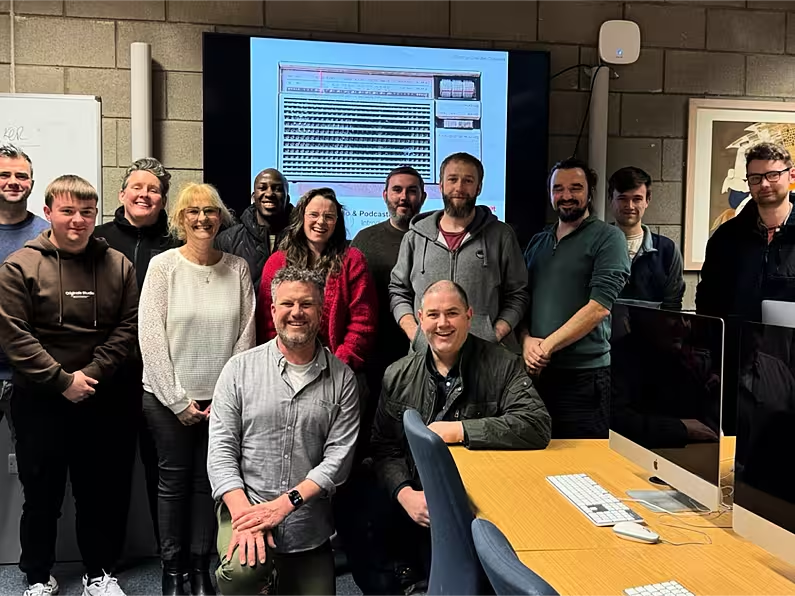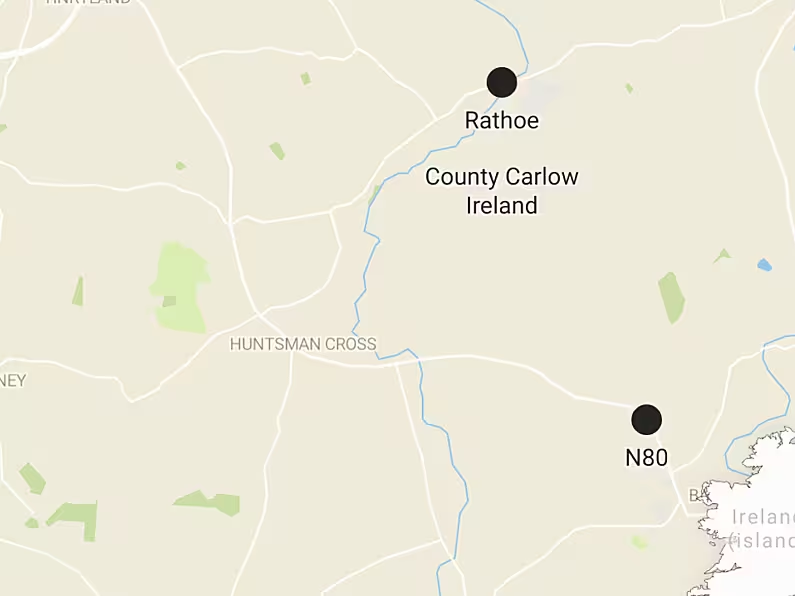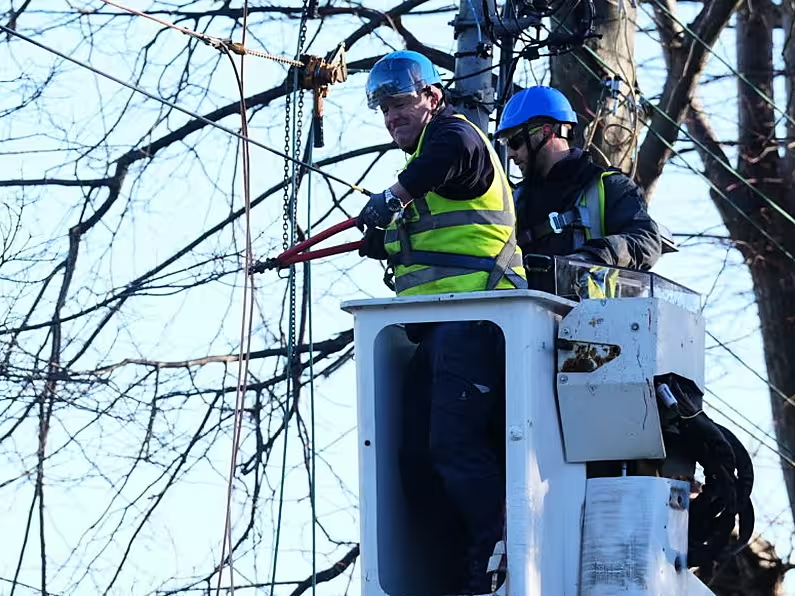By James Ward, PA
An organisation offering free legal aid has reported an increase of close to 40 per cent in inquiries related to employment law in 2020.
The Free Legal Aid Centres’ (FLAC) 2020 Annual Report, Remote Justice – published on Tuesday, reveals 12,268 inquires to its helpline in 2020.
The high volume of calls during the pandemic has led FLAC to warn that access to justice remains “unattainable for too many”.
FLAC chief executive Eilis Barry has said it is a matter of “ongoing concern” that free legal aid is not available in employment law cases.
Reminder: FLAC’s Annual Report 2020 will be launched tomorrow Tues 29th June at 9am via zoom by the Chief Justice Frank Clarke.
Please join us as we reflect on FLACs pursuit of #accesstojustice during 2020 and the pandemic. #FlacAR2020 https://t.co/Haji55sdRL pic.twitter.com/toBTk9zffW
— FLAC (@flacireland) June 28, 2021
She said: “Employment law queries rose by 39 per cent and during one week in May exceeded the family law queries for the first time in FLAC’s history.
“It is a matter of ongoing concern that there is no legal aid available in employment cases, and for a large percentage of the callers there was nowhere to send them for legal assistance.”
Of the queries related to employment law, 16 per cent related to redundancy, almost triple the number of calls on the subject in 2019, with 326 calls in 2020 compared to 112 the year before.
Some 14% of calls related to dismissal, an increase of around 40 per cent on the previous year.
A further 10% included grievance procedures, up 8 per cent on 2019.
Another 30% included an issue about the terms of a contract, an increase of 6 per cent compared to 2019.
The report states: “During the initial months of Covid, the staff and volunteers on the phoneline were almost overwhelmed with complex new queries from people who had lost their jobs, had their wages or hours cut, were unable to pay rent, or were facing evictions.
“Some had been unable to work because of illness or health and safety concerns or lack of childcare.”
There was also a marked increase in family law queries, representing 27.6 per cent of all queries raised, an increase of 14 per cent compared to 2019.
The report attributes this to “increased family tensions when spouses and partners had to reside together for extended periods of time.”
Of the family law calls, 39 per cent had a query that included a divorce or separation issue, an increase of 7 per cent on the previous year.
Another 28 per cent had a query that related to custody, access or guardianship.
Domestic violence
Some 12 per cent of calls related to domestic violence, an increase of 48 per cent in the number of such calls compared with 2019.
Many of these were from parents who, due to Covid restrictions, were facing difficulties in having access to their children and did not know where to turn to seek information and advice, the report says.
It adds: “It was particularly concerning for FLAC to receive calls from people who were the subject of ongoing and exacerbated domestic violence and felt in genuine fear for their safety.
“This was often due to financial and alcohol stresses as well as people now living in close confines due to the sudden loss of employment arising from Covid restrictions.
“This is particularly concerning in light of recent revelations that domestic violence victims who made emergency calls for help did not receive the standard of service from Gardai that they required and to which they were entitled.”
Ms Barry said: “The impact of the pandemic dominated FLAC’s work throughout 2020.
“For many people the FLAC telephone information line was their first, and at times only, port of call.
“FLAC staff reported growing levels of distress and anxiety among callers”.
The report states that the pandemic “highlighted gaps in the existing legal aid system and created an increased need for individuals and organisations to access justice.”
“There was a huge demand on our services, especially FLAC’s telephone information line, which we were just not able to meet” it adds.
Ms Barry added: “The importance of human rights, equality and access to justice is heightened during times of crisis such as a pandemic.
“Covid-19 has exacerbated the inequalities and barriers to justice in our society.
“The upcoming reviews of the Civil Legal Aid Scheme and Equality code must comprehensively address these issues.”












